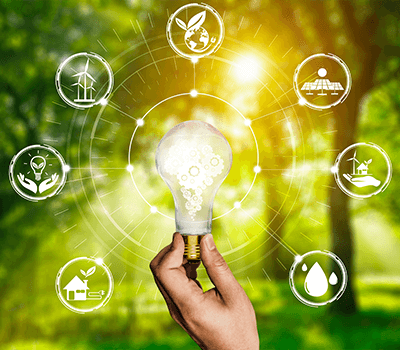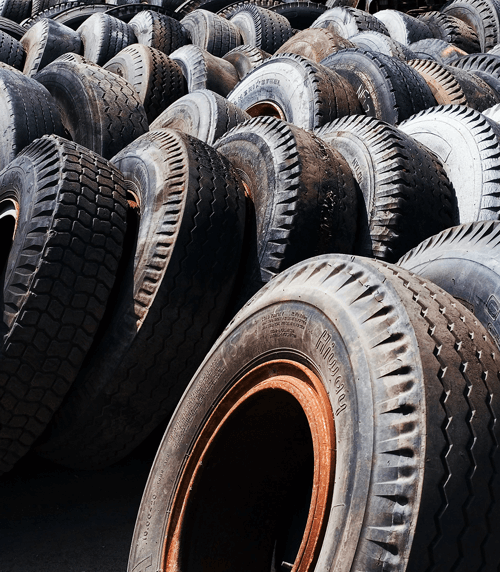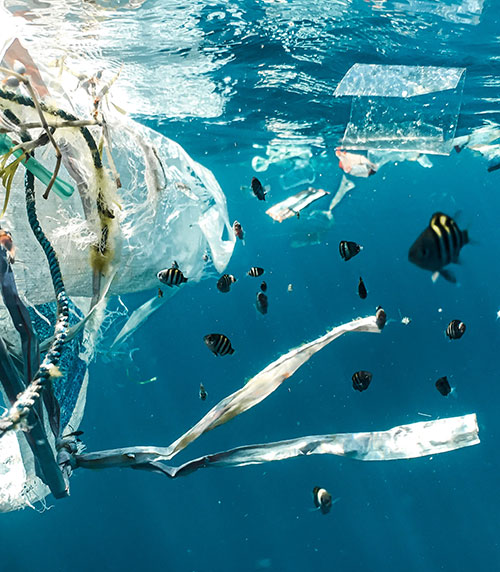We're Going Green







Our commitment is to achieve Net Zero emissions by 2050. By taking active measures to reduce our Carbon Footprint, we aim to create a more sustainable world for generations to come. For more than 15 years, we have been recognized as a member of the Clean Corporate Citizen Program by the Michigan Department of Environmental Quality, which honors companies that demonstrate exceptional environmental responsibility. Additionally, we have implemented a Quality Management System that adheres to the ISO 9001:2015 standards, pushing us to exceed environmental impact expectations and embrace the challenge of doing so.


Clean and sustainable manufacturing involves manufacturing processes that have minimal negative impact on the environment, conserve natural resources and energy, ensure safety for employees, communities, and consumers, and are economically viable. To achieve this, we prioritize pollution control, resource management and reduction, waste reduction, end-of-life strategies, energy efficiency, carbon mitigation, and profitability. As part of our commitment to environmental sustainability, we have set a goal of achieving Net Zero emissions by 2050. To do so, we continuously measure our emissions at every stage of our manufacturing process and take active steps to reduce them.
According to a report by the Tire Industry Project for the World Business Council for Sustainable Development, every year, one billion tires are produced, adding to the existing four billion tires already present in landfills and stockpiles worldwide. The South Carolina Department of Natural Resources estimates that it can take two thousand years for tires to decompose naturally. These tires contain heavy metals like lead, oils, and other pollutants that contaminate the environment during decomposition, and they also trap harmful methane gases that can rupture landfill liners. In response to this tire crisis, we have developed a solution that involves using a large microwave to break down tires into dust particles that can be safely reintroduced into the earth.

Plastic waste has become ubiquitous, polluting even the most remote areas from the Arctic to Antarctica. It blocks city drainage systems, mars the natural beauty of campgrounds and national parks, and is now even accumulating on Mount Everest. In the world's oceans, an estimated 270,000 tons of plastic poses a threat to 700 marine species. In response to this problem, we have designed a machine that utilizes pyrolysis to convert plastic to oil. This process involves heating plastic in the absence of oxygen, transforming it into petroleum. The plastic is turned into vapor, which can be collected and condensed into liquid form, producing kerosene, gasoline, or diesel fuel, thus returning it to its original state.

Bioplastics that are compostable can be produced using starches sourced from vegetables, with corn, potatoes, and peas being popular options. These bioplastics are free of any harmful substances and can be broken down into carbon dioxide, water, and biomass when composted in an industrial facility. The decomposition of biodegradable products happens naturally as they are consumed by natural components such as soil, without the need for any artificial chemical reactions. This not only reduces pollution but also eliminates the need for additional energy input. Our company has developed a fully automated production line for creating biodegradable starch material. The machine line is capable of extruding the material, vacuum forming it into specific shapes, and cutting out the shapes for use as food containers, tableware, and other products.
